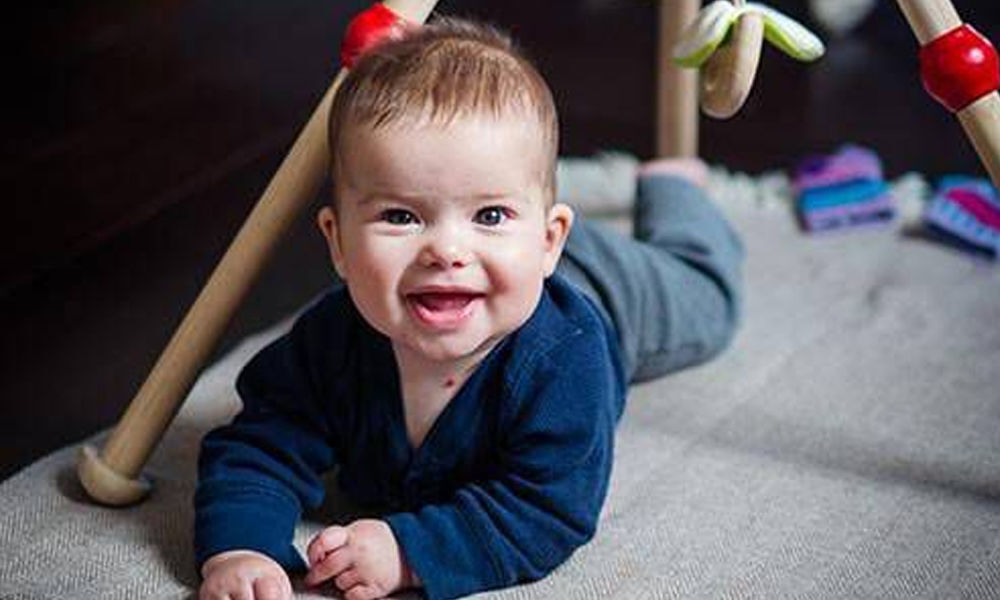Infants can judge friends, strangers by laughter

Infants as young as five months can differentiate laughter between friends and between strangers, finds a new study.
It has been recently established that co-laughter -- or simultaneous laughter between two or more individuals -- allows adult listeners across different cultures and languages to quickly evaluate the nature of relationships between people: are they friends, acquaintances, or strangers?
The study suggests that the ability to detect this nature of social relationships is instilled early in human infancy, possibly the result of a detection system that uses vocal cues.
"Infants' sensitivity to different kinds of laughter might be one of the early emerging tools they use to understand and navigate the complex social world," said Athena Vouloumanos, Associate Professor from the New York University.
"Very brief instances of shared laughter can reveal rich information about people's relationships, detectable in infants as young as five months of age and universally by adults around the world," added co-author Gregory Bryant, Professor at University of California-Los Angeles.
For the study, published in the Scientific Reports journal, the team examined how five-month-olds processed exchanges of co-laughter of adults -- specifically, those who were strangers and those who were friends -- by gauging how long they listened to these sounds.
The team found that infants could not only differentiate between the laughter of friends and strangers, but, when given the choice, they preferred to listen longer to co-laughter between friends.
In another experiment, the team found that infants could tie co-laughter to judgments about human relationships.
"The ability to rapidly evaluate acoustic features in co-laughter that reveal social relationships between individuals appears early in human infancy and might be the product of an adaptive affiliation detection system that uses vocal cues," the authors said.















